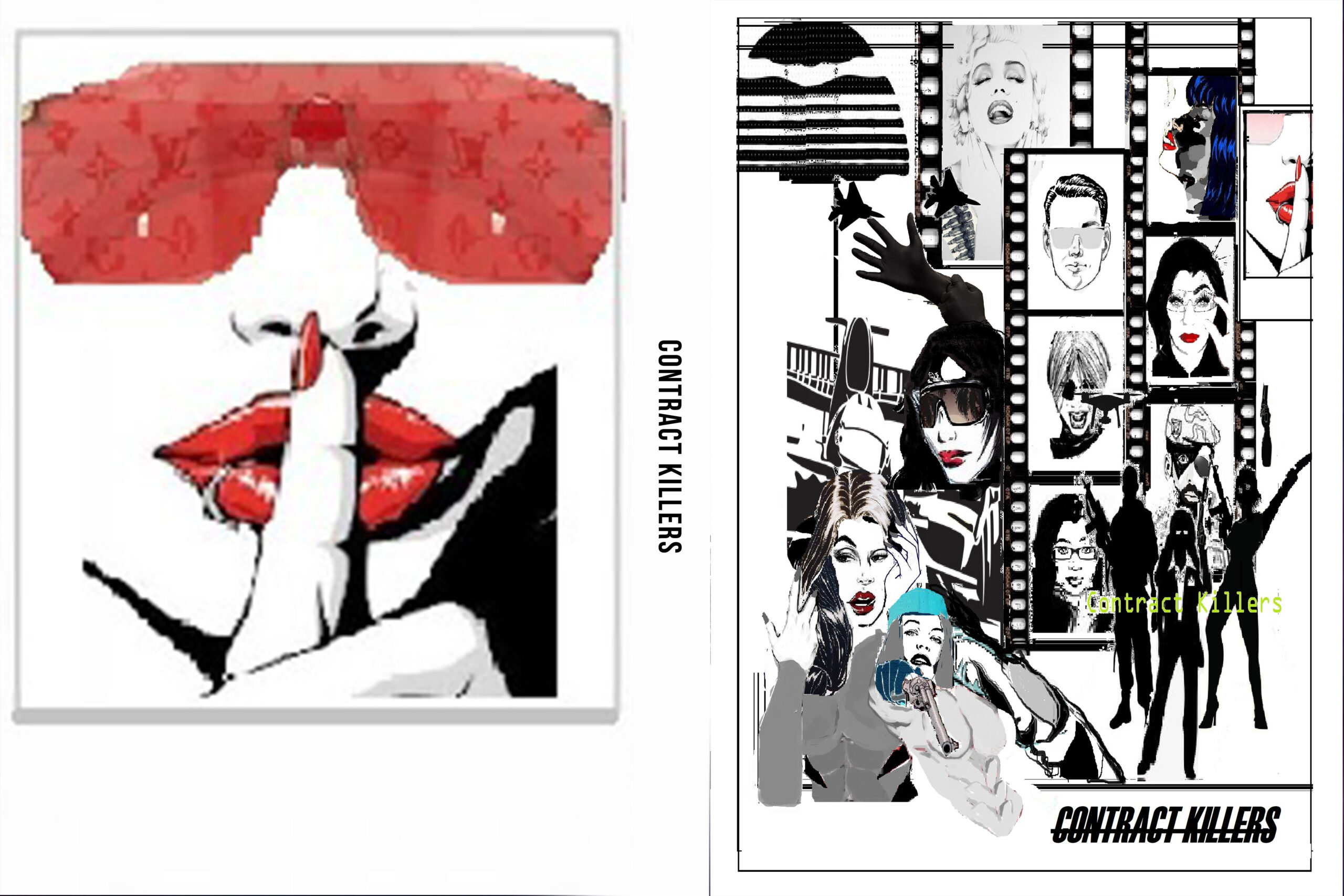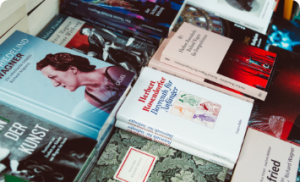Human beings are complex creatures, capable of both immense goodness and unimaginable evil. While we may prefer to focus on the former, it’s essential to recognize and explore the darker aspects of human nature. Fortunately, fiction provides us with a powerful tool for doing just that. In this blog post, we’ll explore how literature delves into the depths of the human psyche and what we can learn from it.
The Shadow Self: Understanding the Inner Demons
One of the primary ways that fiction explores the dark side of human nature is by delving into the concept of the “shadow self.” The shadow self is the part of us that we keep hidden from the world, the part that we don’t want to acknowledge or confront. It’s the part that harbors our fears, our doubts, and our most significant flaws. By exploring the shadow self through fiction, we can gain a better understanding of ourselves and what drives us. It also helps us to develop empathy and understanding for others who may be struggling with their own inner demons.
For example, in Robert Louis Stevenson’s “The Strange Case of Dr. Jekyll and Mr. Hyde,” the titular characters represent the duality of human nature. Dr. Jekyll is the upstanding citizen, while Mr. Hyde is the embodiment of his shadow self. By exploring this concept through the lens of fiction, readers can better understand the complexities of their own inner worlds.
Exploring Moral Ambiguity: The Line between Good and Evil
Another way that fiction explores the dark side of human nature is by blurring the line between good and evil. In reality, the line between right and wrong is often fuzzy, and people’s actions can be motivated by a variety of factors. By exploring moral ambiguity through fiction, we can gain a better understanding of the nuances of human behavior.
For instance, in Cormac McCarthy’s “No Country for Old Men,” the antagonist, Anton Chigurh, is a ruthless killer who murders indiscriminately. However, he’s also a man who adheres to a strict moral code, and his actions are motivated by a sense of duty. This complexity forces readers to confront their own ideas about morality and the nature of good and evil.
Confronting the Darkness: Overcoming Adversity
Finally, fiction explores the dark side of human nature by presenting characters who are forced to confront their own darkness and overcome adversity. These characters may face tremendous obstacles, both internal and external, but they ultimately emerge stronger for having faced their demons.
For example, in J.R.R. Tolkien’s “The Lord of the Rings,” Frodo Baggins is tasked with destroying the powerful and corrupting One Ring. Throughout his journey, Frodo is forced to confront his own weaknesses and the allure of the ring’s power. However, he ultimately triumphs over his inner demons and destroys the ring, thus saving Middle-earth from the darkness.
In conclusion, the dark side of human nature is a complex and multifaceted subject that requires careful exploration. Fiction provides a powerful tool for doing just that, allowing us to delve into the depths of the human psyche and explore the nuances of human behavior. By engaging with these themes in literature, we can gain a better understanding of ourselves and the world around us.
If you’re interested in exploring the dark side of human nature further, I highly recommend checking out “Contract Killers” by Steven C. Gray. This gripping novel explores the morally ambiguous world of contract killing and delves into the depths of the human psyche. Don’t miss out on this thought-provoking read!



